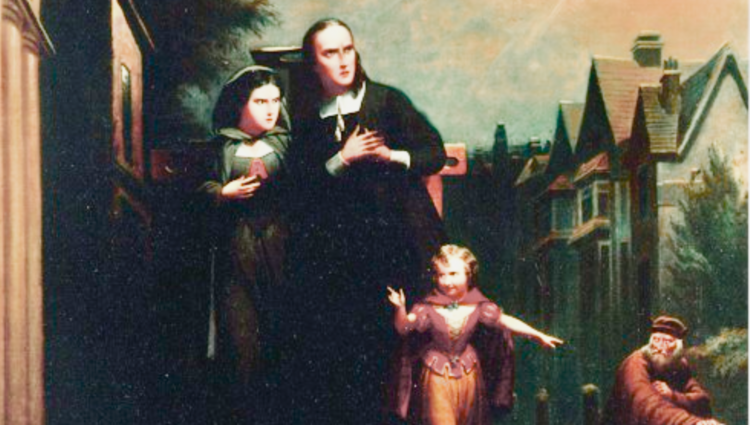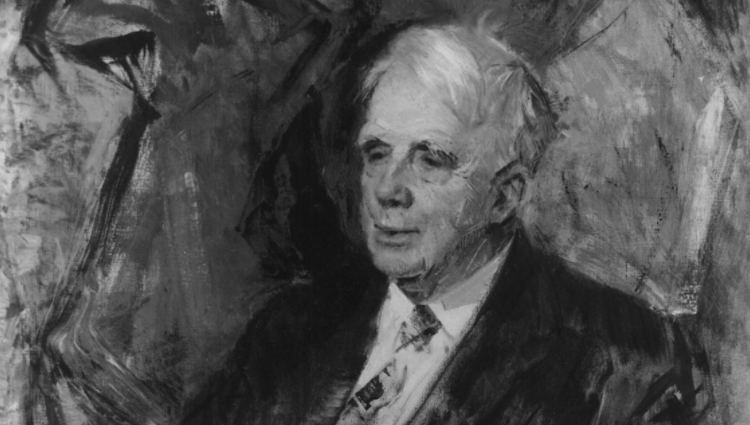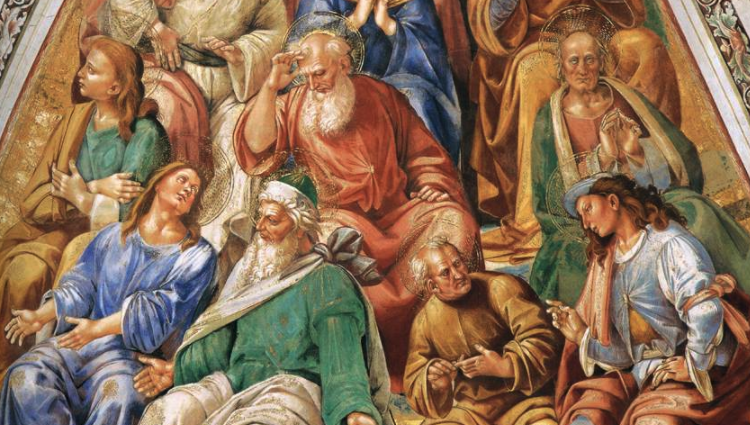Individual & Community in “The Scarlet Letter”
Nathaniel Hawthorne does not furnish a plan for reorganizing society according to Scripture or enlightened reason or sociological research, so that all strife will be eliminated. His tale suggests, to the contrary, that tension between the individual and the community can never be resolved, nor should it be. Alexis de Toqueville, a friendlier Frenchman than [...]



